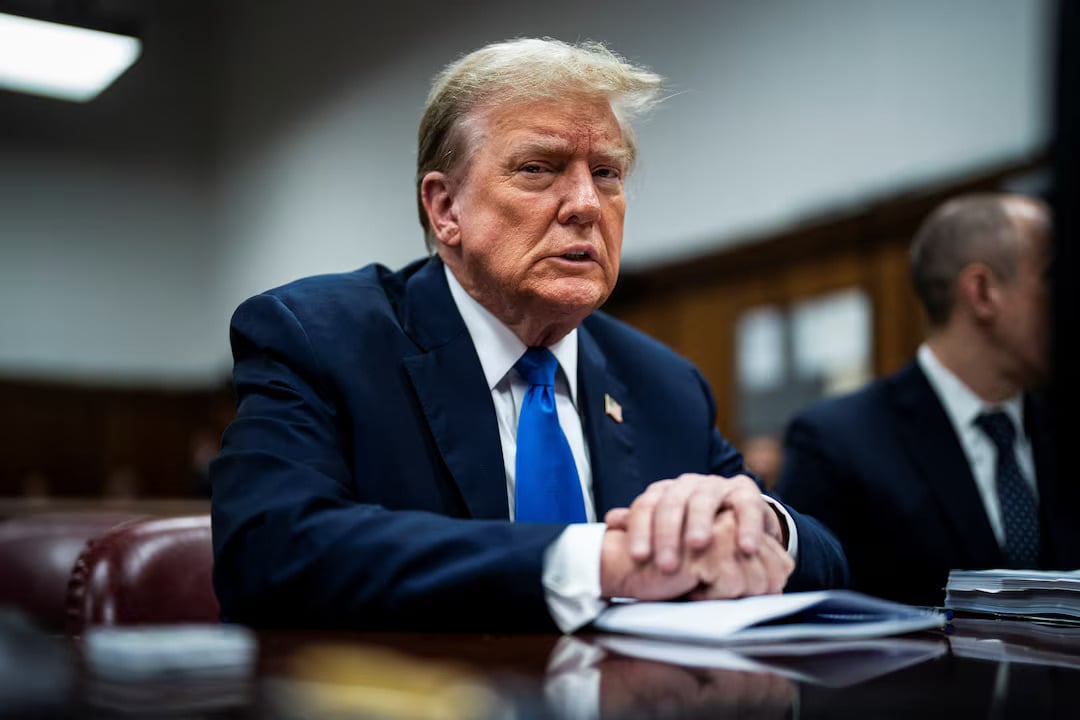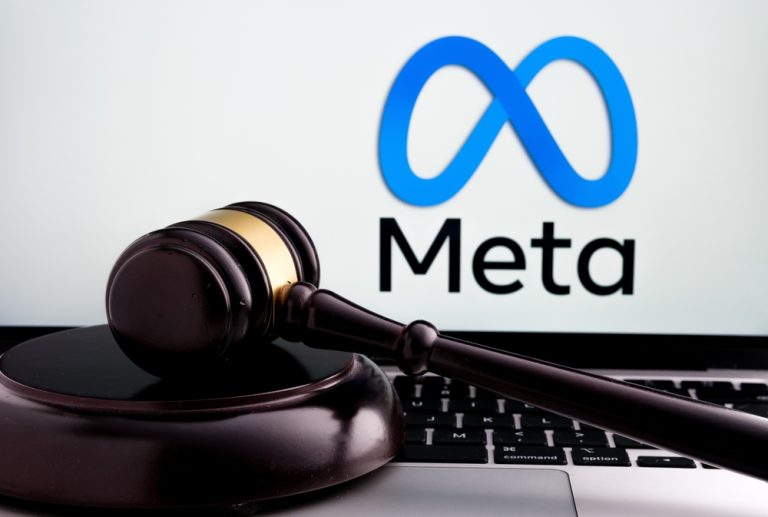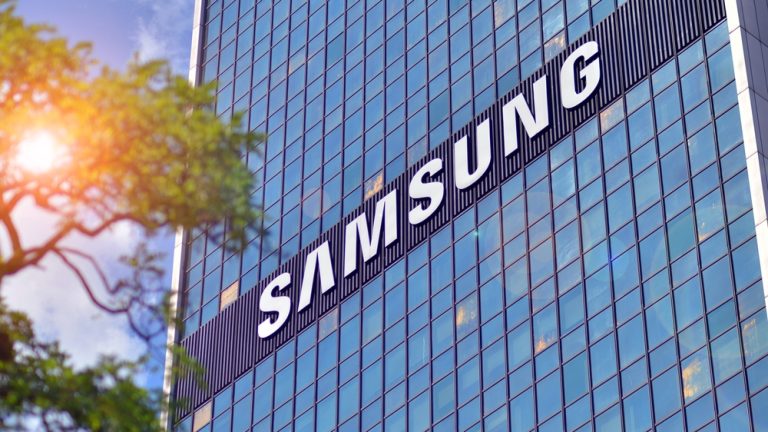The criminal trial of former U.S. President Donald Trump, which revolves around alleged hush money payments, encountered significant obstacles this week with the dismissal of two more jurors. These recent developments underscore the difficulties in forming a jury amid heightened public interest and intense media scrutiny. This case, marking the first criminal prosecution of a former U.S. president, not only draws global attention but also illuminates the profound challenges of conducting a fair trial in highly charged political climates.
Justice Juan Merchan, presiding over the trial, excused two jurors under circumstances highlighting the pressures that can compromise the integrity of judicial processes. One juror was dismissed following revelations about undisclosed legal encounters, while another expressed concerns over impartiality due to unwanted public attention. “I don’t believe at this point that I can be fair and unbiased and let the outside influences not affect my decision-making in the courtroom,” explained the juror, who felt too compromised to continue.
The trial, set against a politically divided Manhattan backdrop, has seen nearly half of the 192 potential jurors dismissed for bias. Trump faces accusations tied to a $130,000 payment intended to silence adult film actress Stormy Daniels about an alleged past sexual encounter. Despite pleading not guilty to 34 counts of falsifying business records, the political ramifications are immense, with Trump actively campaigning for the presidency in the upcoming November 5 election.
The intense public and media gaze has led Justice Merchan to take extraordinary measures to protect the jurors’ anonymity and well-being. Michigan State University law professor Barbara O’Brien commented on the pressures jurors face: “These are just people showing up doing their civic duty. They’re not voluntarily injecting themselves into a public conversation.” Amidst these challenges, Trump’s conduct and broad criticisms of the judicial process have only fueled further controversy, complicating the trial’s progress.
As the trial unfolds, the legal community and the public continue to navigate the complex intersection of law, politics, and media scrutiny. Ensuring a fair trial for Donald Trump is not merely a judicial challenge but a litmus test for American democracy. Justice Merchan’s firm handling of the case, alongside the resilience of the jurors and the legal teams, will be pivotal in steering this unprecedented trial toward a conclusion that upholds the principles of justice and impartiality.






















